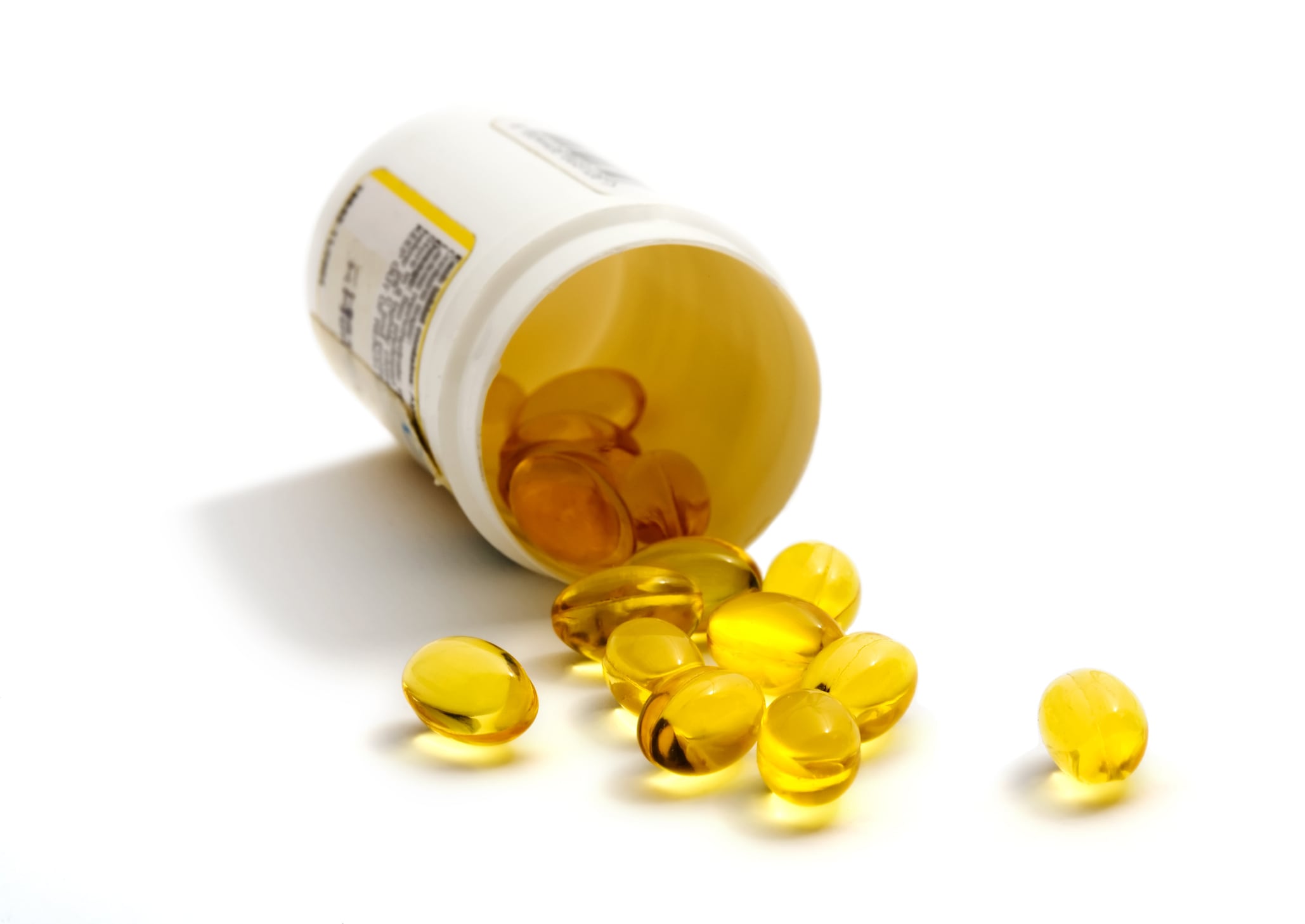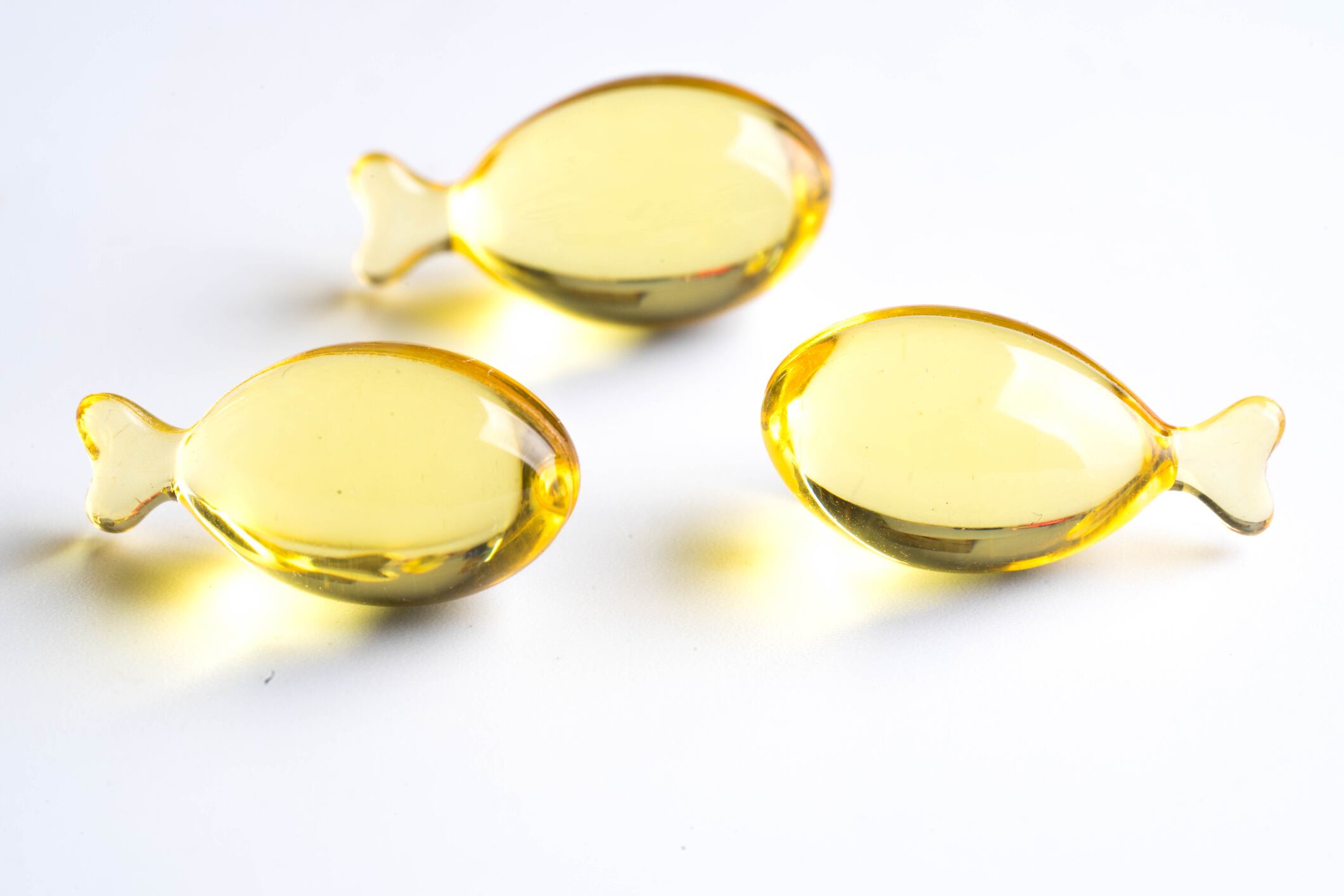A new study, conducted by researchers in Sweden, tested the impact of daily supplementation with 2.3 g of PUFAs (1.7 g of DHA and 0.6 g of EPA) in AD patients over a period of six months on novel biomarkers in cerebrospinal fluid (CSF) - Aβ 38, Aβ 40, Aβ 42, t-tau, p-tau, neurofilament light (NfL), chitinase-3-like protein 1 (YKL-40), acetylcholinesterase (AChE), butyrylcholinesterase (BuChE), soluble IL-1 receptor type II (sIL-1RII), and IL-6.
The researchers also explored the possible correlation between these biomarkers and the performance in the cognitive test Mini-Mental
State Examination (MMSE).
"This study is unique. It is the first ever to collect data on these new biomarkers in people with Alzheimer's disease treated with omega-3 fatty acids (FFAs)," says author Yvonne Freund-Levi, Senior Lecturer på Örebro University.
The study included 33 patients, 18 of whom were given omega-3 supplements morning and evening, and 15 who made up the control group. Spinal fluid samples were collected, and patients performed a memory test, both at the start of the study and after six months.
"We can see that the memory function of the patients in the group that had taken omega-3 is stable, whereas the patients in the control group have deteriorated. That's what the memory tests show," says Freund-Levi.
"But we can't see any differences between the groups when we look at the various biomarkers in the spinal fluid samples."
What the researchers can see, however, is that there are differences within the group given omega-3. There was an increase of two of the markers that are linked to damaged nerve cells - YKL-40 (p = 0.04) and NfL 236 (p = 0.03) and a significant decrease in MMSE score in the placebo group (p = 0.01), but not in the omega-3 group. There was, however, no clinical link to the memory tests.
YKL-40 and NfL have previously been found to be elevated in the CSF in patients with AD compared with healthy controls, possibly indicating neuroinflammation and axonal damage, respectively.
There might be additional explanations for the rises of NfL and YKL-40, such as reduced catabolism of the markers in the CSF compartment as well as reduced export of the markers from the CSF to the draining systems of lymph and blood. The authors note one should keep in mind that there were no differences between the groups so these findings must be interpreted with care.
"Even if this data isn't enough for us to change our recommendations to patients at this time, it is an interesting material for researchers to build on."
This study is based on a larger study with over 200 patients with mild to moderate Alzheimer's disease, initiated by Yvonne Freund-Levi and her research team 15 years ago. In that study, the researchers examined, among other things, whether omega-3 transfers from the supplements to the brain—and concluded that that was indeed the case.
"We are cautious about giving recommendations, but we know that starting early is by far the best thing—it is difficult to influence the disease at a later stage. The best piece of advice we have to offer at the moment is to be physically active and to include omega-3 in your diet—in the form of oily fish or as supplements. We can see a difference in the results of the memory tests. Patients who were taking omega-3 supplements at an early stage of the disease scored better," adds Freund-Levi.
A major step forward is that researchers in the future will be able to examine the biomarkers in blood samples rather than having to perform spinal tap procedures on the patients.
Freund-Levi says they have already tested this approach at Sahlgrenska University Hospital and "Without a doubt, when biomarkers in blood will be a clinical procedure it will be so much better for the patients."
Source: Journal of Alzheimer's Disease
Tofiq. A., Zetterberg. H., Blennow, K., Basun, . H., Cederholm, T., Eriksdotter, M., Faxén-Irving. G., Hjorth, E., Jernerén, F., Schultzberg, M., Wahlund, L-O., Palmblad, J., and Freund-Levi, Y.,
"Effects of Peroral Omega-3 Fatty Acid Supplementation on Cerebrospinal Fluid Biomarkers in Patients with Alzheimer’s Disease: A Randomized Controlled Trial—The OmegAD Study"
DOI: 10.3233/JAD-210007





